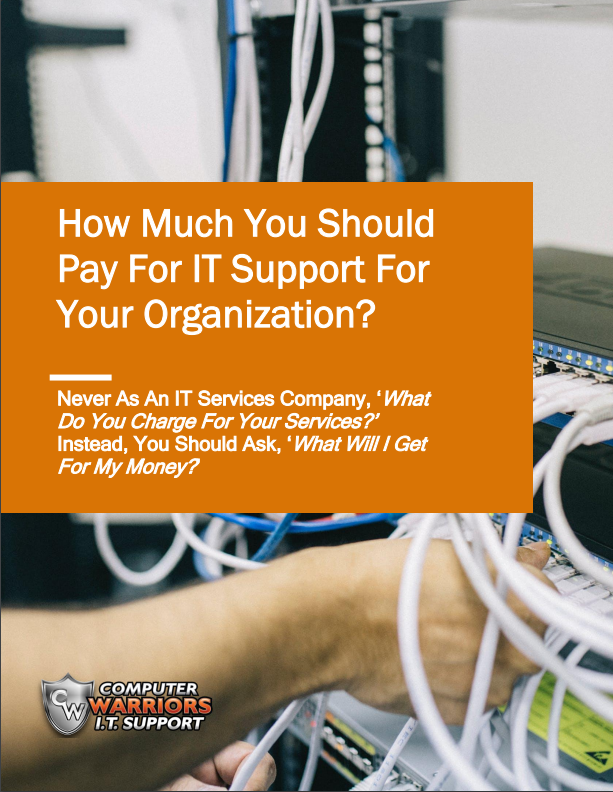 Mobile applications are deeply embedded in our lives, including at work. A report from Digital Strategy Consulting revealed that 60% of employees use mobile apps for work-related activities.
Mobile applications are deeply embedded in our lives, including at work. A report from Digital Strategy Consulting revealed that 60% of employees use mobile apps for work-related activities.
New security research highlights an unsettling reality that comes with the convenience and capabilities of apps: iOS app data leaks are a real problem. Cybersecurity firm Zimperium reports that iOS apps leak more user data than Android apps. They’re sounding an alarm to business owners about mobile app data privacy concerns that could expose your customers, your employees, and even your bottom line.
Business Risks From Mobile App Vulnerabilities
According to Zimperium’s report, more than half of iOS applications leak sensitive data, compared to about one in three Android apps. Attackers gain access to more than emails or phone numbers. They’re often discovering direct pathways into business-critical systems, opening the door to fraud, theft, and large-scale data breaches in iOS applications.
Mobile apps have become the new frontline for cybercriminals. iOS app data leaks present a particularly serious threat.
Instead of targeting hardened networks or servers, attackers are increasingly focusing on apps because APIs often create hidden vulnerabilities. Once exploited, these flaws can bypass traditional security defenses, leaving your company exposed.
The Zimperium study didn’t stop at app leaks, either. It also tracked malware prevalence and revealed just how widespread it's become:
- Three in every 1,000 mobile devices are already infected.
- One in five Android devices will encounter malware “in the wild.”
Devices running iOS aren't immune to malware and cyberattacks, despite their reputation for security. The sheer volume of iOS apps leaking user data means the platform is no haven.
What Leaking Apps Mean for Your Company’s Bottom Line (And What To Do About Them)
Companies rely on mobile apps for payment processing and customer communication. If those apps are quietly leaking information, you may not know until it’s too late. By then, you could be dealing with a PR nightmare, compliance headaches, and financial damage.
Protecting sensitive data on mobile apps must be a top priority. Even small vulnerabilities can snowball into breaches.
That’s why the Zimperium report isn’t all bad news. It also outlines a clear action plan that you can take to protect your company’s data and prevent issues:
- Audit the apps your business uses. Don’t assume an app is safe just because it’s widely used; do your own research to ensure it meets your particular security standards.
- Work with your IT team or a trusted provider to monitor API traffic and close off unnecessary exposure.
- Educate employees about mobile security best practices, especially if they use personal devices for work.
- Invest in mobile threat defense solutions and tools to address iOS app data leaks and block malware before it spreads.
Half of iOS apps leak data. The question for business owners is whether they'll wait for a breach or address the risk now. Taking proactive steps will safeguard your company against fraud, financial losses, and data breaches in iOS applications.




